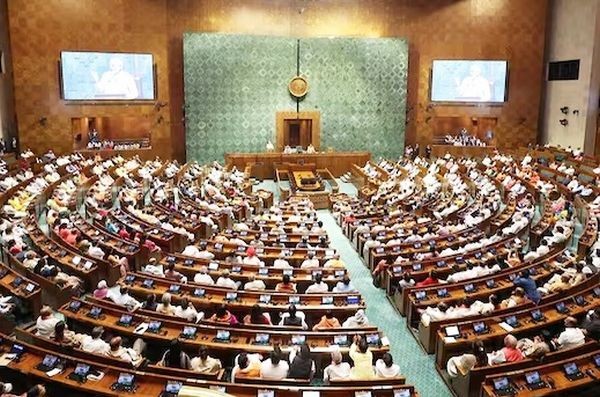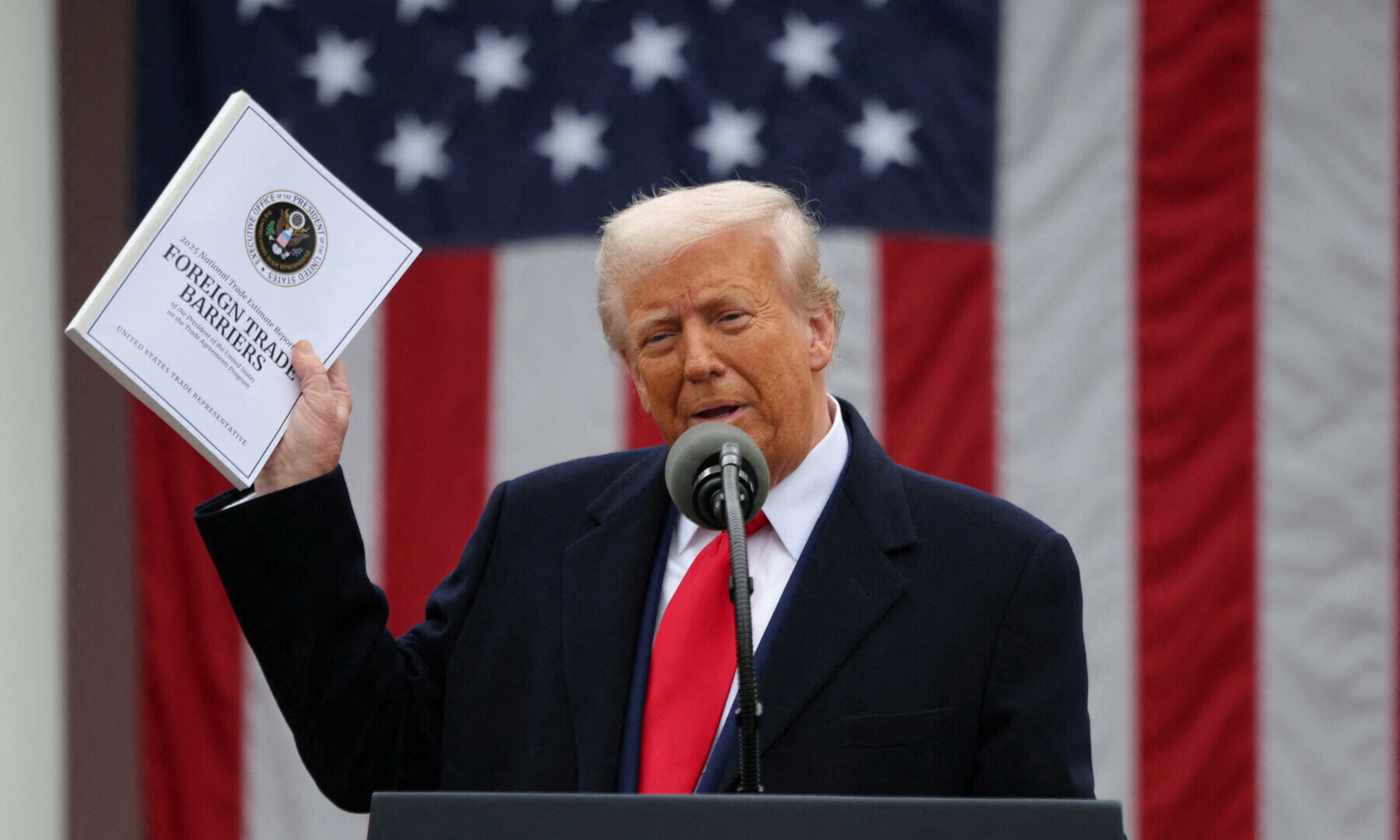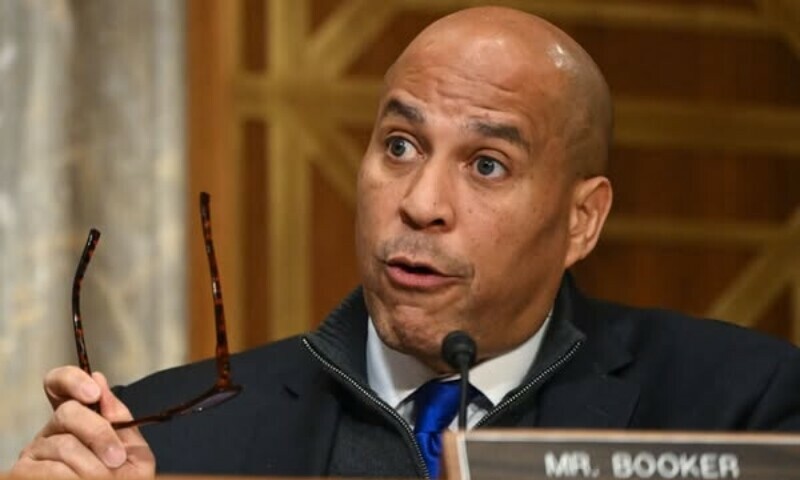WORLD NEWS
India's 'Waqf Amendment Bill' Sparks Controversy and Opposition from Congress, Muslims, and Regional Leaders

New Delhi, India — The Indian Lok Sabha has passed the Waqf Amendment Bill, a controversial piece of legislation that has ignited fierce opposition from members of the Congress Party, Muslim leaders, and regional parties. The bill, which has been strongly criticized for its potential to undermine Muslim property rights, now awaits presentation in the Rajya Sabha, where it will require the support of 119 out of 236 members to be passed.
The bill has triggered significant protests, with Sonia Gandhi, Congress leader, accusing the Modi government of attacking the Constitution and undermining the rights of Muslims in India. Gandhi warned that this move would push the country into a dangerous direction, accusing the government of using the bill to grab waqf properties worth trillions of rupees from Muslims.
Key Amendments in the Waqf Amendment Bill 2025
The amendments in the bill have raised alarms, particularly among Muslim lawmakers and organizations. Some of the controversial provisions include:
- Appointment of a non-Muslim as the Chief Executive Officer of the Waqf Board, which traditionally has been managed by Muslim representatives.
- Mandating that state governments include at least two non-Muslim members in their Waqf Boards, which is seen as an infringement on the autonomy of the Muslim community’s religious affairs.
- Empowering the District Collector to make decisions on disputed waqf properties, bypassing traditional Muslim governance structures.
In response to the bill, Asaduddin Owaisi, MP from the All India Majlis-e-Ittehadul Muslimeen, made a dramatic gesture by tearing up a copy of the bill in Parliament. He condemned the bill as a violation of fundamental constitutional rights, particularly Articles 25 and 26, which guarantee religious freedoms.
Opposition Voices and Legal Challenges
Rahul Gandhi, leader of the opposition in the Lok Sabha, stated that the bill is designed to marginalize Muslims and seize their property rights. He accused the BJP-led government of attacking the Constitution, arguing that it would set a dangerous precedent for targeting other minority communities in the future.
In a strong condemnation, M.K. Stalin, the Chief Minister of Tamil Nadu, announced that the DMK party would challenge the Waqf Amendment Bill in the Supreme Court, calling it a violation of minority rights and a threat to the autonomy of the Waqf Board. Stalin expressed concerns about the potential impact of the bill on the Muslim minority population in India.
Meanwhile, in Andhra Pradesh, the All India Muslim Personal Law Board staged a sit-in protest against the bill, further demonstrating the widespread discontent among Muslim organizations.
Broader Implications
The Waqf Amendment Bill has raised broader concerns about the treatment of minority communities in India, particularly Muslims, who have long faced challenges related to religious freedoms and property rights. The bill has also sparked a debate about the balance of power between state and religious institutions and the role of religious autonomy in India’s democratic system.
As the Rajya Sabha prepares to vote on the bill, its future remains uncertain. With significant opposition from both national parties like Congress and regional leaders, the outcome of the vote could have far-reaching implications for the political landscape in India.
This move comes amid increasing concerns over the Modi government’s policies regarding religious minorities, adding to the ongoing debate about secularism and the role of religion in governance.



